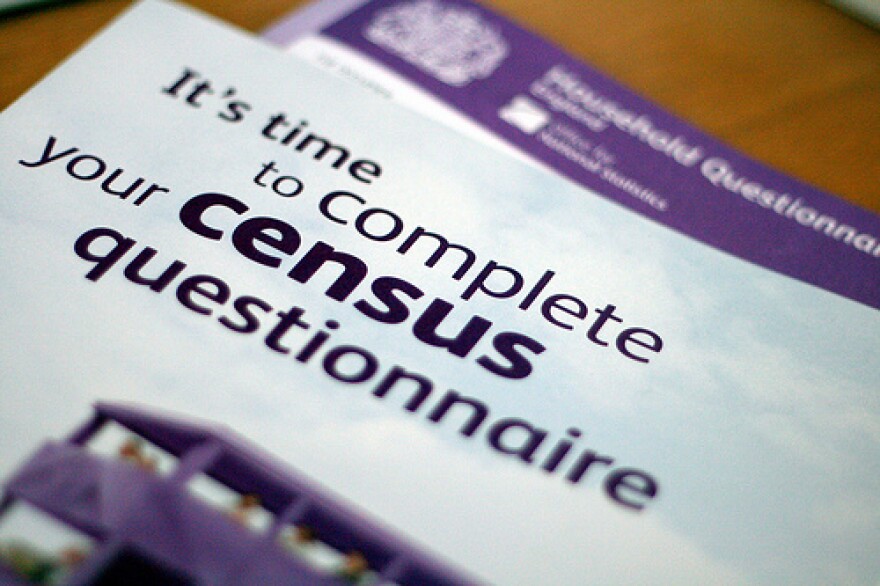Detroit is mounting a final push to increase its all-important response rate for the U.S. Census.
The city's response rate right now is 49.3%, and the Trump administration has indicated the door-to-door phase of the census will end on September 30th.
The city has hired its own census workers - who will now continue their own door-to-door effort, in addition to federal census employees.
Victoria Kovari is leading Detroit's campaign. She says Detroit is widely considered one of the most difficult cities to conduct an accurate census, due to its large physical footprint and large number of abandoned and vacant houses - as well as high rates of poverty, illiteracy, and lack of internet access.
Kovari says this is the first census where self-reporting can be done online - but 40% of people in the city of Detroit do not have access to the internet in their homes.
Despite all these problems, she says the city was doing as well as comparable cities in the nation, until April.
"And then, as COVID started to really strengthen its grip on the city, and cause a lot of illness and death, it just went in the tank, our response rates, and it hasn't really recovered since then," she said.
Kovari says a lot of people in the city really need help filling out the Census form. The city has held events at grocery stores and churches to help people fill out forms on tablets on-site. The city is also offering incentives, like $5 coupons for groceries, to overcome some people's reluctance to participate.
For every person who fills out the Census in Detroit, Kovari says, the city gains $5,000 in federal funding.
"There's a lot at stake for the city of Detroit and for people who depend on these federal programs, for health care, for education, food assistance, which is most of the city of Detroit," she says.






